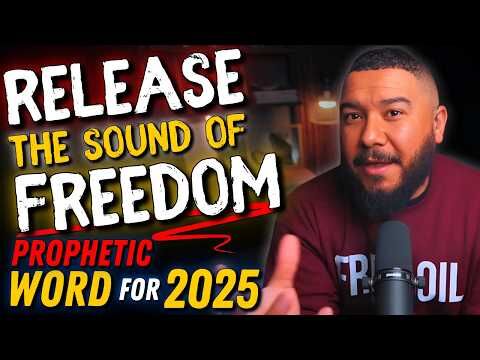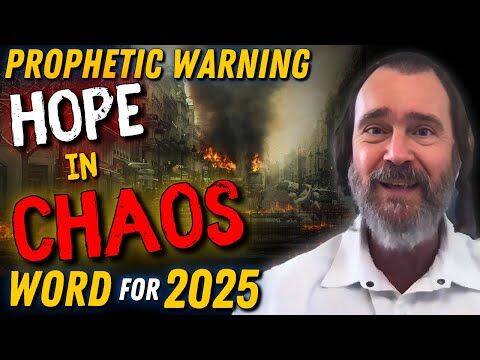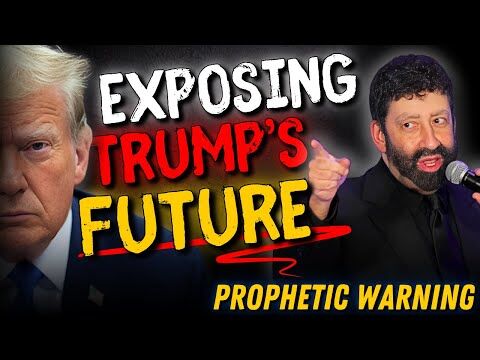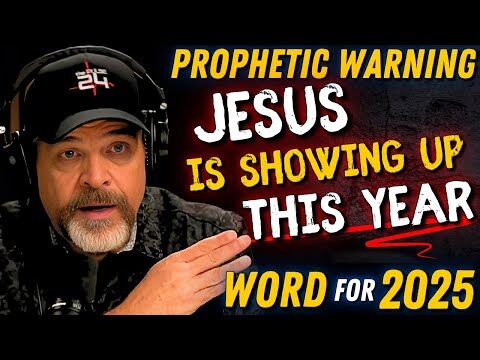The Bible has a lot to say regarding the role politics and political leaders have on a nation. Suffice it to say, it is significant!
Proverbs 29:2 says, “When the righteous are in authority, the people rejoice, but when the wicked rule, the people mourn.” Based on this passage, we can make two assumptions related to the influence of political leadership.
The first assumption that can be made is that the nation’s leader affects an entire country’s morale and culture. The second assumption is that there is such a thing as wickedness and righteousness regarding policy and people. Hence, there are often distinct ways to delineate between people and political parties based upon biblical values. Although in a two-party system, as we see in the USA, it is virtually impossible to vote for a candidate or align with a party that exactly represents the word of God, we have to vote based upon kingdom principles rather than political affiliation.
Believers can be adversely affected by wicked leadership. In Jeremiah 29:7, God instructs His people to seek their city’s welfare and peace and pray for it. When the city prospers, the people will prosper. This is also why the apostle Paul admonishes believers when they assemble to pray for kings and those in authority. Paul had a desire to see the church live in peace and godliness (1 Tim. 2:1-4).
We see in Scripture how influential one leader is related to shaping the policies and laws of a nation.
For example, when Joshua and the elders who outlived him died, Israel’s whole nation stopped serving the Lord and fell into great wickedness (Judg. 2:7-11).
Because of Solomon’s (the son of King David) sin, Israel’s nation was divided during the reign of Solomon’s son, Rehoboam (1 Kings 11).
Because of the insecurity of King Jeroboam, the whole nation of Israel fell into idolatry and apostasy (1 Kings 12-13).
Furthermore, righteous kings like Jehoshaphat, Uzziah, Hezekiah and Josiah led Judah toward biblical reforms and renewals. In contrast, wicked kings like Ahab, Ahaz, Manasseh, and his son Amon led the nation into further apostasy.
In recent years in the USA, we have seen how presidents have helped shift the nation’s laws and policies towards or away from biblical values related to marriage, family and pro-life.
Hence, the church must understand the various perspectives related to political engagement to vote in a manner that reflects the biblical position more concisely. The voting bloc of the 40-50 million so-called evangelicals can quickly shift the nation in every election towards candidates that best reflect righteous laws and policies.
Unfortunately, the church is just as divided as the nation is. One of the primary reasons is the various perspectives the church has related to political engagement. My objective with this article is to try to bring more biblical clarity.
The following are seven perspectives contemporary Christians have related to politics:
1. Nationalism: Some can argue that nationalism is a form of idolatry because its adherents tend to put their nation above God’s kingdom. As a matter of fact, there are “Christian nationalists” who blur the lines between the kingdom of God and America, especially since many of them claim that the USA had a Christian founding.
Thus, whenever the church, which is a holy nation according to 1 Peter 2:9, mingles its identity too much with another nation, it eventually lacks discernment and alienates various people groups from the gospel.
As an example from recent history, the majority of the church in Nazi Germany fell for a form of nationalism, which resulted in them supporting Hitler and morphing into the “Reich church.” Thankfully, one-third of the German churches, led by Dietrich Bonhoeffer and other leaders, launched the “confessing church” movement. This movement attempted to remain faithful to the Scriptures during a totalitarian national socialist regime. Consequently, whenever we wrap the gospel with the flag of a nation, we can lose our discernment and run the risk that we will become proponents who advance anti-biblical policies and views.
2. Patriotism: Patriotism, as distinguished from nationalism, is a good thing.
As Christians, we are citizens of heaven who are called to be good citizens who love and sacrifice for our country’s good (Phil. 3:20). As a committed Christian, being a patriot doesn’t mean we always agree with our nation’s laws, values, and wars. As a patriot of the USA, I honor those who have fought and died to protect our life and liberty. Scripture’s posture is to honor all people, love the brotherhood, fear God and honor the king (1 Pet. 2:17). Thus, being a patriot in many contexts comports with the teaching of Scripture.
3. Apolitical subculture: Historically, many Christian movements are generally in line with the pacifist view of the Anabaptists who disengaged from culture to form their own subcultures. During the present day, we see such groups as the Amish, Mennonites and classical Pentecostal fundamentalists, which are similar to the Orthodox Jews of today, focus primarily on building and maintaining their own strong subcultures. Generally, they do not run for office or integrate with the surrounding communities except when they have an opportunity to serve their neighbor. Members of such groups rarely vote unless there is a critical issue that affects them, such as zoning. (The Amish vote is less than 10%.)
When they run for office, they usually do so merely to represent their own interests.
When they vote, they will be proponents of political leaders who fund and benefit their particular community, even if their policies are against biblical values. They reason that their own community’s well-being is their priority, not laws regarding traditional marriage and abortion that regulate the gentile world. The biblical position is not one of isolation but one of penetration of culture with the gospel. While we are called to have strong Christian subcultures, we are also called to be His witnesses to every nation (Acts 1:8-9).
Next week, we will continue the seven perspectives contemporary Christians have related to politics. {eoa}












































